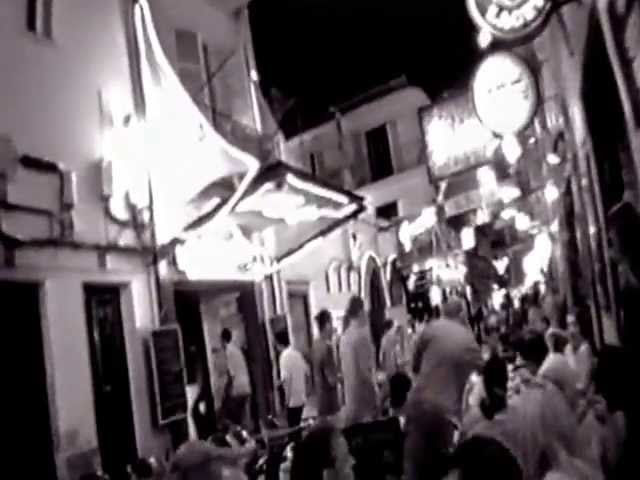Ibiza is known around the world as a mecca for clubbers and partygoers, a place where the sun, sea, and sand combine to create the ultimate vacation destination. But there’s a darker side to the “White Island,” one that’s often overlooked by tourists seeking a good time. That side is the world of drugs, and the documentary “Ibiza Drugland” takes us deep into this shadowy world, exploring the culture and lifestyle of the island’s drug dealers.
The film opens with stunning shots of Ibiza’s crystal-clear waters and golden beaches, but soon we are introduced to a different side of the island. We see footage of crowded nightclubs, with pulsing music and flashing lights, and we hear from tourists who talk about their experiences with drugs on the island.
The film then turns to the dealers themselves, interviewing several individuals who make their living selling drugs to tourists. We hear their stories, their justifications, and their fears, as they describe the risks and rewards of their chosen profession.
One dealer, a British expat who has lived on the island for several years, talks about how easy it is to get into the drug trade on Ibiza. He describes the close-knit network of dealers and suppliers, and how they work together to keep their business running smoothly. He also acknowledges the risks involved, including the possibility of arrest and imprisonment.
Another dealer, a local Spanish man, talks about the pressure he faces from law enforcement officials who are cracking down on drug-related crime. He describes the tactics used by the police, including surveillance and undercover operations, and how they have impacted his business.
The film also features interviews with medical professionals, who talk about the physical and mental health risks associated with drug use. We hear from a doctor who works in a local hospital, and who has seen firsthand the damage that drugs can do to the human body. We also hear from a therapist who works with individuals struggling with addiction, and who provides insights into the psychological aspects of drug use.
Finally, the film turns to law enforcement officials, who discuss their efforts to combat drug-related crime on the island. We hear from a police officer who talks about the challenges of policing the island’s nightclubs and beaches, and who describes the strategies used to catch drug dealers in the act. We also hear from a customs official who talks about the difficulties of intercepting drugs at the island’s ports and airports.
Overall, “Ibiza Drugland” provides a fascinating and thought-provoking look at the underbelly of one of the world’s most famous party destinations. It offers a glimpse into a world that most tourists never see, and provides valuable insights into the complex interplay between tourism, drugs, and law enforcement.
In conclusion, “Ibiza Drugland” is a powerful and revealing documentary that sheds light on a side of Ibiza that is often hidden from view. By exploring the world of drug dealers, tourists, and law enforcement officials, the film provides a nuanced and complex picture of the challenges facing the island’s authorities as they try to tackle drug-related crime. It is a must-see for anyone interested in the intersection between tourism and drug culture, and for anyone who wants to gain a deeper understanding of the complexities of modern life.

